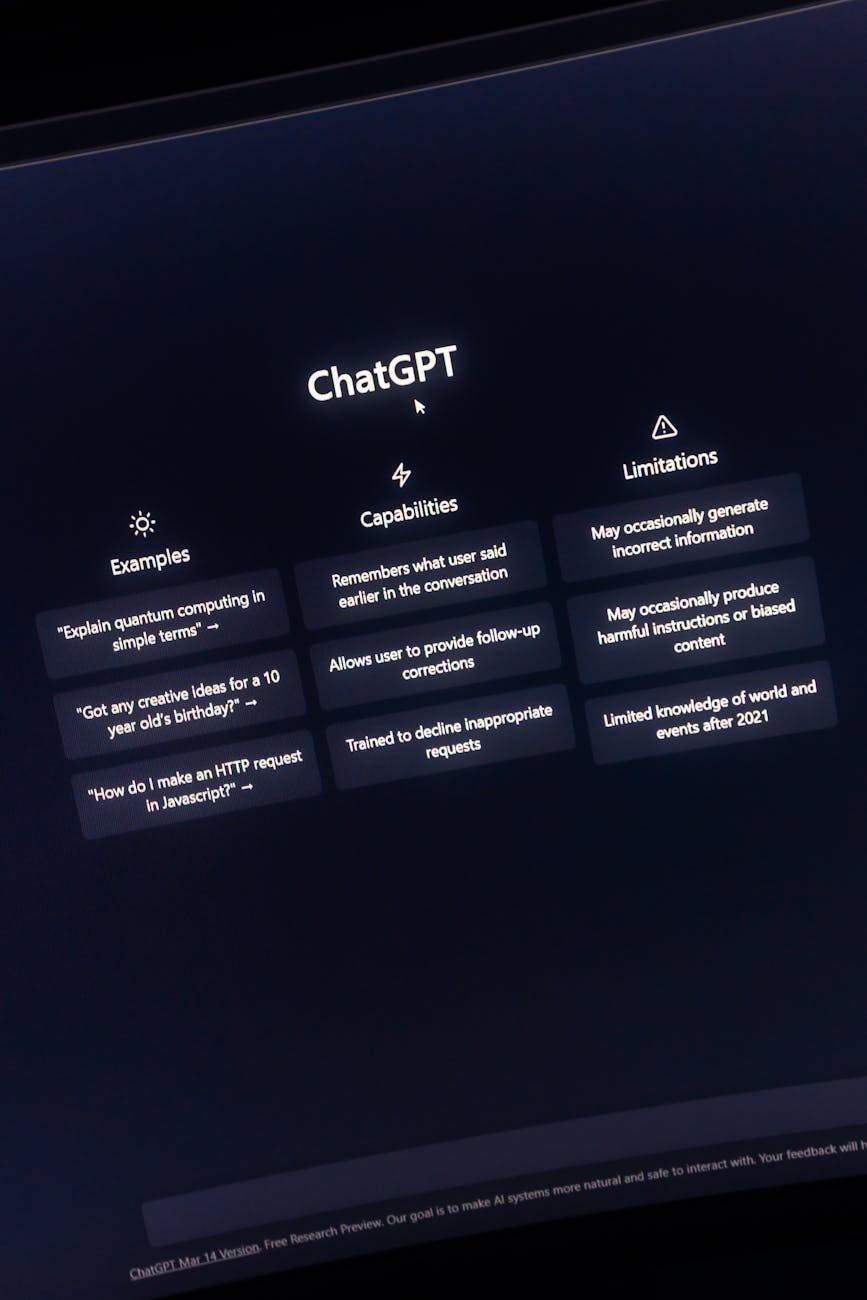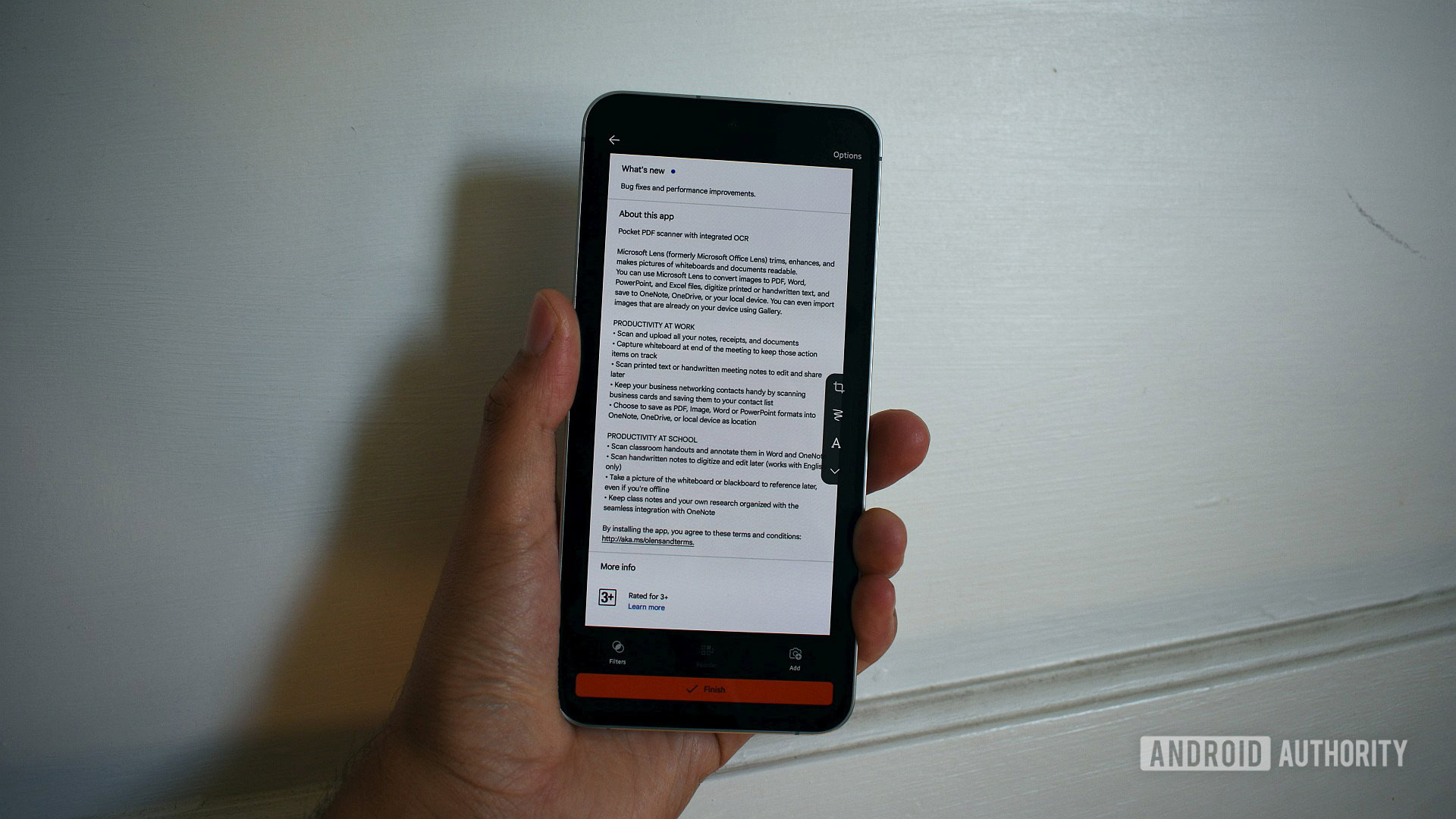If you run a microbusiness or work for yourself, you know you have to watch your budget closely. But some tools are really worth paying for, and that includes accounting software. If the high cost of financial management software has scared you away in the past, you should know that several excellent services are now as affordable as $20 per month—or even less. We’ve been testing accounting software for more than two decades, so we know what’s best for even the smallest businesses. The services we highlight here are particularly well-suited to microbusinesses and sole proprietors, providing the feedback, organization, and tailored tools you need to get a handle on your company’s money. FreshBooks is our Editors’ Choice winner thanks to its exceptional design, but you should check out all of our top picks to see which one works best for your business.
Deeper Dive: Our Top Tested Picks
Best Interface
FreshBooks
- Excellent user experience
- Context-sensitive settings
- Some unusual yet helpful features, like retainers
- Projects and time tracking
- Great mobile apps
- Extra costs for team members, 1099s
- Weak inventory tracking
FreshBooks Premium ($60 per month, plus $11 per month for each team member) is an Editors’ Choice winner, but the company also offers an entry-level version for sole proprietors or microbusinesses called FreshBooks Lite ($19 per month). It limits you to five clients, but it’s quite capable. You can, for example, accept ACH and credit card payments, customize and create unlimited invoices and estimates, import and manage bank transactions, and track time and expenses.
You also get automated mileage tracking and limited reports, along with payroll support via Gusto. Although all of the accounting sites we’ve tested tune their interfaces for non-accountants, FreshBooks really excels in this regard with an attractive, colorful, and state-of-the-art design. A free 30-day trial is available.
Learn More
FreshBooks Review

Best for Scalability
Intuit QuickBooks Solopreneur
- Excellent interface and dashboard
- Good invoicing capabilities
- Useful income tax tools
- Effective mobile apps
- Minimal reports
- No vendor or bill management
- Limited record templates
QuickBooks Solopreneur, which costs $20 per month, is a new option that continues in the footsteps of the depreciated QuickBooks Self-Employed. It offers many of the same features, including customer and product records, income and expense management, invoices and estimates, and mileage tracking. It targets sole proprietors, especially those who plan to eventually upgrade to the more advanced QuickBooks Online, which is an Editors’ Choice winner.
QuickBooks Solopreneur looks and works like Intuit’s other accounting products. It has a clean, professional interface and an excellent dashboard. This initial version focuses on customers and invoices. It doesn’t offer any vendor or bill management, though you can connect to your online financial accounts to work with income and expense transactions. Reports are minimal, but you do get effective automatic mileage tracking via mobile apps. The site uses your categorized transactions to estimate what you should pay in quarterly income taxes. A free 30-day trial is available.
Learn More
Intuit QuickBooks Solopreneur Review

Best for Invoicing
Wave Pro
- Exceptionally easy to use
- Suitable selection of features for very small businesses
- Good invoice and transaction management
- Multicurrency support
- Improved mobile apps
- Formerly free features now cost money
- Sparse record templates
- No time tracking or projects
Wave Pro is the paid version of Wave, which used to be totally free. But $16 per month is still a reasonable price to pay for what you get. First, Wave Pro is exceptionally easy to use. Its interface is attractive, and its navigation tools are very intuitive. The software also supports multiple currencies and offers good invoice and transaction management. You don’t get time tracking or project management features, but an integrated payroll application is available. We recommend Wave Pro for microbusinesses and other sole proprietors, including gig workers.
If you have exceedingly simple needs and don’t mind entering transactions manually, you might consider the free Wave Starter tier. It’s very bare-bones: You can accept online payments; create and customize sales forms like invoices and estimates; enter customer, product, and vendor records; and run reports. If you pay for any add-ons like receipt scanning ($8 per month) or payroll ($20 per month), you get live chat and email support.
Learn More
Wave Pro Review

Best Support Options
Patriot Software Accounting Basic
- Competitive price
- Easy-to-use and attractive interface
- Good mobile access
- Lots of support options
- No time tracking
- Can’t track inventory
- References some advanced accounting concepts
- Minimal fields in contact and product records
Patriot Software offers two small business accounting applications: Accounting Premium ($30 per month) and Accounting Basic ($20 per month). The latter lacks some of the features of the former, including estimates, payment reminders, recurring invoices, and user permissions, but it’s still very capable.
Beyond tracking income and expense transactions that you import from banks and credit card companies, Patriot Software Basic allows you to accept payments from customers and track bill payments. You can create simple customer and vendor records and track 1099 payments so you can issue 1099-NECs and 1099-MISCs at tax time. The site provides 21 accounting reports and great mobile access through a web browser. It’s exceptionally easy to use and provides top-notch support options, making it a good choice for accounting novices. Integration with Patriot Software Payroll can even accommodate simple small businesses.
Learn More
Patriot Software Accounting Basic Review

Get Our Best Stories!
All the Latest Tech, Tested by Our Experts

By clicking Sign Me Up, you confirm you are 16+ and agree to our Terms of Use and Privacy Policy.
Thanks for signing up!
Your subscription has been confirmed. Keep an eye on your inbox!
The Best Budget-Friendly Accounting Software for Small Businesses in 2025
Compare Specs
Buying Guide: The Best Budget-Friendly Accounting Software for Small Businesses in 2025
How Much Does Accounting Software Cost?
The accounting software we highlight here starts at $20 per user per month or less. Few people in your organization will likely need access, but these rates make it possible to add users without much issue. Just keep in mind that prices go up quickly as you opt in for more features or require more licenses.
Is Any Accounting Software Free?
Wave Starter is free, but it doesn’t offer a ton of functionality. With it, you can build customer, product, and vendor records, create and customize sales forms like invoices and estimates, and run reports. You must enter bills, expenses, and income manually. Zoho Books also offers a limited free version. In either case, you’re still better off paying for the options we outline here since they better align with the needs of most very small businesses.
What Can Budget-Friendly Accounting Software Do?
Small business accounting solutions share a core group of features, no matter their price. They all use the double-entry accounting system, for example. This financial management method goes back centuries and is what accounting professionals prefer. Whether or not you work with an accountant, these apps keep you in compliance with the industry-standard framework.
All of these sites come with a prebuilt Chart of Accounts, a list of accounts categorized by type, such as assets, expenses, and liabilities. This helps you track where your revenue comes from and how you’re spending it. It also makes it possible to create standard financial reports.
These two structural elements operate in the background. You don’t have to understand concepts like debits and credits or the general ledger. It’s thus possible to manage your books without being an accounting expert. Here are the core features you’ll work with most often:
Recommended by Our Editors
-
Bank Account Registers. Accounting websites allow you to connect to your online bank and credit card accounts. After importing your cleared transactions, these apps display them in registers.
-
Customer, Product or Service, and Vendor Records. Accounting apps provide templates for creating records of people and items. These can include contact information, descriptions, histories, prices, and related accounts. When you enter transaction details, you simply choose options from the lists you build rather than typing in values every time.
-
Mobile Access. Some accounting websites offer Android and iOS apps, while others allow you to access your data through a mobile web browser. These experiences don’t always include every feature of the main interface, and you might not see comprehensive product and people records. That said, it might surprise you just how much financial work you can do from a phone.
-
Sales and Purchase Transactions. Each accounting application comes with a set of transaction forms for bills, estimates and invoices, expense records, sales receipts, and more. You fill in the blanks by choosing options from the lists you build.
-
Reports. These are some of the most powerful tools accounting sites offer. They answer the numerous questions you undoubtedly have about your finances. You can tweak aspects of predesigned report templates (such as the accounts, customers, or the date range) or create custom reports in some cases. Below are some examples of things they can answer:
-
How many products do you have in inventory, and which are selling the best?
-
How much are you spending in different categories?
-
Is your business making a profit?
-
Which bills do you need to pay?
-
Which customers are behind on payments?
-
What Is Budget-Friendly Accounting Software Missing?
Pricier accounting applications, such as QuickBooks Online and Xero, offer more of everything. Dashboards and home pages for contacts and products have more detail, and related records are more comprehensive. They are also more suitable for tracking inventory and provide more forms (including sales orders and purchase orders) with more customization options. Higher-end services offer better bill- and time-tracking tools, basic project management features, and more flexible reports. They are more likely to integrate payroll capabilities as well. Because these services offer more features overall, it’s more feasible to run much of your business from your phone with them.
Why You Shouldn’t Rely on Manual Accounting
If you haven’t given up your paper- or Excel-based accounting system yet, there’s really no reason to delay. You will save time, your financial books will be more accurate, and your customers will appreciate the professional invoices and estimates you send them. But most importantly, you can get a much better understanding of how your business is doing financially and more easily prepare your income taxes.









